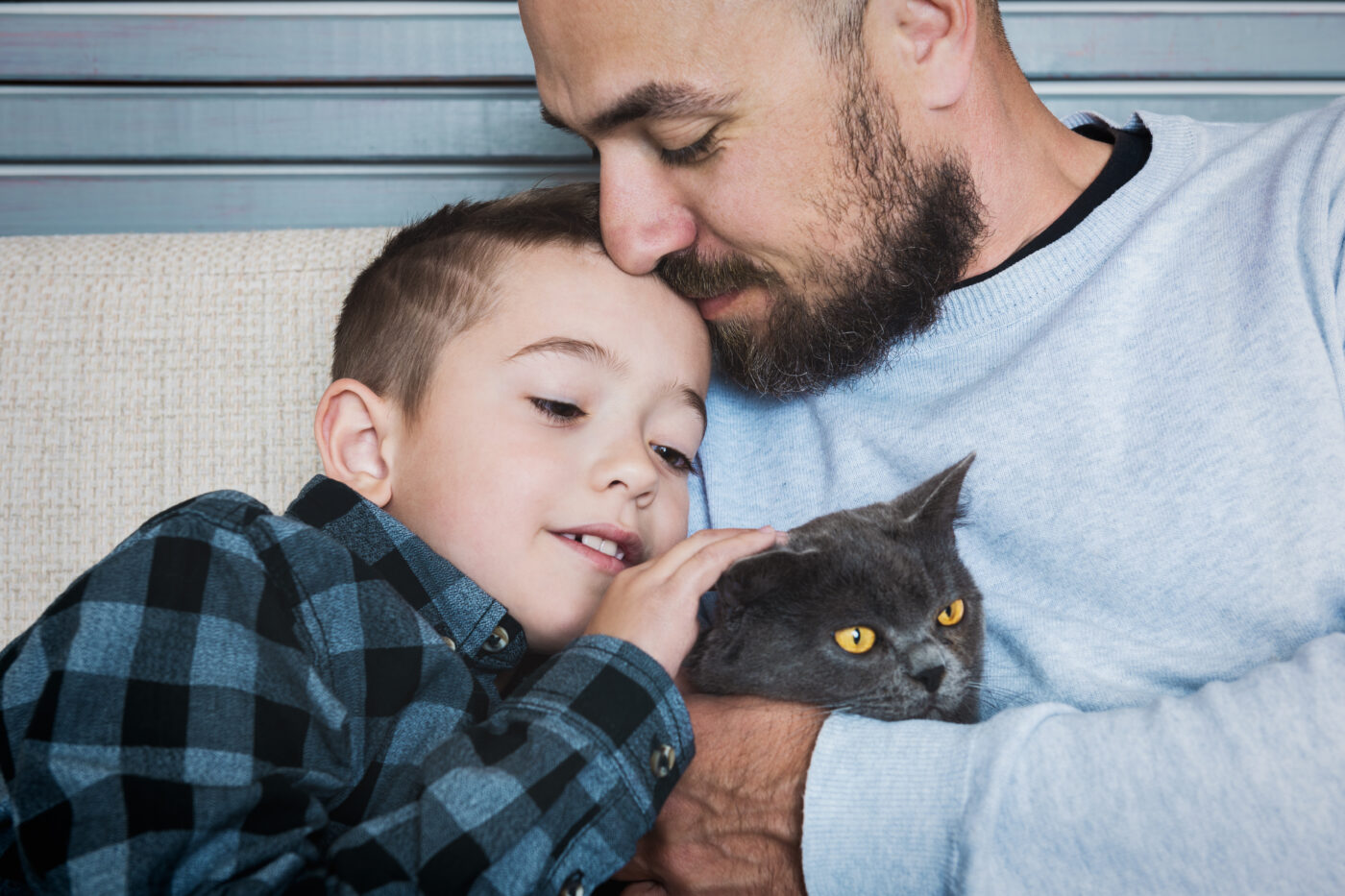After having his cat for a few months, my son announced that unlike other cats, his cat likes to lie on cold things. So, without my approval, my brain clicked into confirmation bias. I suddenly noticed that everything the cat was lying on was cold, like a countertop or the bathroom floor. And apparently, I verbalized it every time I saw it because my son said, “Wow, Dad. You really want this whole my cat wanting to lie on cold things to be true.”
In my defense, a cat lying on cold things is a huge deal. Right? Plus, our brains are wired to interpret new evidence as a confirmation of our beliefs. While a cat lying on cold things may not be a big deal, how we see our kids is huge. Confirmation bias can have a big impact on how you see your kid. Here are 7 ways to help you avoid confirmation bias and see your kids for who they really are.
1. Consider your biases.
Our childhood and close relationships can lead to biases toward our children. Just because something is true about us doesn’t make it true about our kid.
Ask yourself: How do my past experiences and relationships affect how I perceive my kid?
2. Hold judgment.
Take a moment to consider if you are judging your kid based on one thing without looking at the bigger picture. Holding judgment leads to a calmer, more appropriate response.
Ask yourself: Am I judging my kid based on one thing without looking at the bigger picture?
3. Focus on strengths.
All kids on the planet want their dad to be proud of them. And letting our kids know we see their strengths helps them to see them too.
Ask yourself: Can I see and appreciate what my kid is good at, rather than only noticing their mistakes?
4. Seek clarity.
It’s worth the time to ensure you understand your child and his or her situation. We can best address the situation when we fully know what we are addressing.
Ask yourself: Have I gathered all the information and spoken to the right people?
5. Listen intently.
It is a great gift to your kids to ensure they feel heard. When they know their words matter to you, they know they matter to you.
Ask yourself: Am I genuinely paying attention to what my kid is saying, or am I just waiting for my turn to talk?
6. Avoid labels.
Labeling our child’s character, behavior, or appearance impacts how we view and treat them. More importantly, it shapes how they see themselves and possible choices.
Ask yourself: Am I putting my kid into a category instead of seeing him or her as a unique individual?
7. Give them space to grow.
If kids don’t have the space to succeed and fail, they won’t know how to handle either as adults. Allowing them to manage their own wins and losses as kids helps them manage them as adults.
Ask yourself: Am I letting my kids learn by trying it their way, without always getting involved?
Sound off: How do you avoid confirmation bias with your kid?












Huddle up with your kids and ask, “What do you think I think about you?”